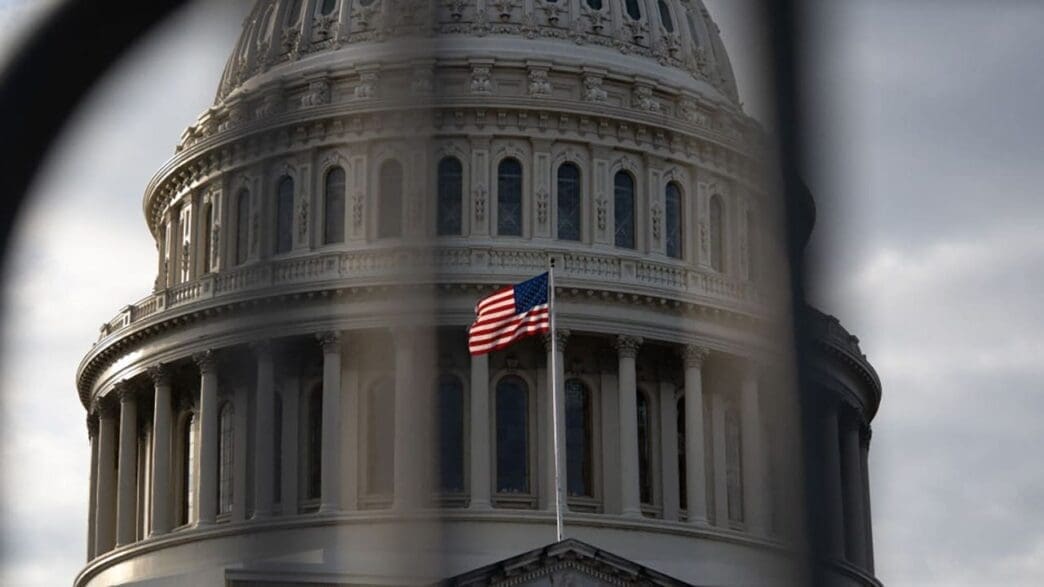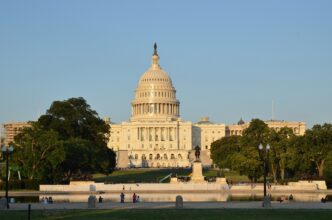In a crucial vote preceding the holidays, the House dismissed a proposal endorsed by President-elect Donald Trump, which aimed to fund governmental operations and pause the debt ceiling.
In a surprising turn of events, the House of Representatives fell short of passing a critical proposal backed by President-elect Donald Trump, designed to keep the government running and suspend the debt ceiling. The vote saw 174 in favor and 235 against, failing to achieve even a simple majority amidst opposition from both Democrats and several Republicans.
The rejected plan was a stripped-down version of a more extensive package, cutting down its length from 1,500 pages to 116 pages. Notably, it omitted several components, such as the first pay raise for lawmakers in over a decade, which was projected to amount to a 3.8% increase. This exclusion drew significant criticism, particularly from Elon Musk, who publicly condemned the bill.
Despite the bill’s failure, Speaker Mike Johnson remained resolute, indicating intentions to reconvene and formulate a new strategy before the shutdown deadline at midnight on Friday. Johnson’s predicament was complicated by Trump’s demands, which threatened political repercussions if unmet. Trump commented on the potential consequences for Republicans, hinting at primary challenges for those opposing his stance.
The proposed bill included substantial allocations for disaster relief, amounting to $110 billion, and provisioned funds for the reconstruction of Baltimore’s Key Bridge. However, it omitted other bipartisan measures, including a controversial land transfer related to a prospective football stadium for the Washington Commanders.
Amid the political discord, House Democratic Leader Hakeem Jeffries dismissed the revised proposal as insufficient, reiterating support for the initial bipartisan compromise. Similarly, Senate Majority Leader Chuck Schumer called for a return to the previously negotiated agreement.
The looming government shutdown remains a pressing concern, with operations set to halt if no resolution is reached by the Friday deadline. Both the House and Senate face mounting pressure to draft an acceptable funding plan, which would ultimately require approval from the Democratic-majority Senate and President Joe Biden’s signature.
In a last-minute effort to bridge the divide, prominent critics of the proposal, including Reps. Chip Roy and Andy Biggs, convened privately with Speaker Johnson. This meeting aimed to find a path forward for a temporary spending plan that also addresses the debt ceiling. Meanwhile, Republican Rep. Lauren Boebert noted the influence of Vice President-elect JD Vance in moving negotiations forward, suggesting a potential compromise could be within reach.
As the deadline for a government shutdown approaches, lawmakers are scrambling to develop a viable solution following the rejection of Trump’s endorsed plan. With intricate political dynamics at play, the coming days will be critical in determining the path forward for the United States government.
Source: Fox13news








